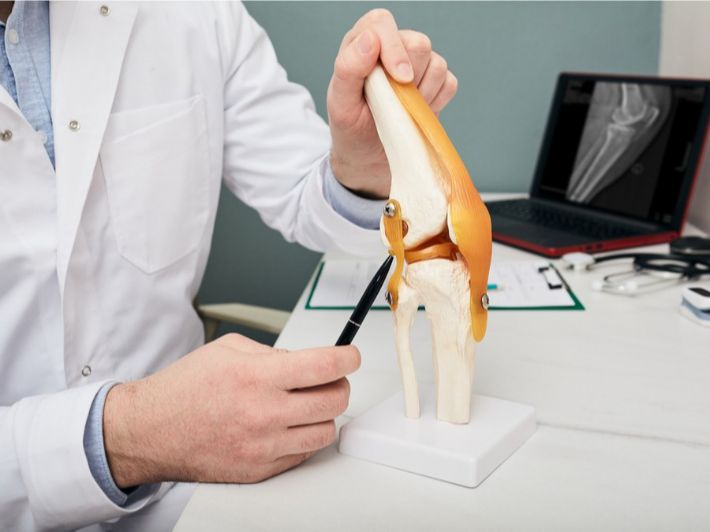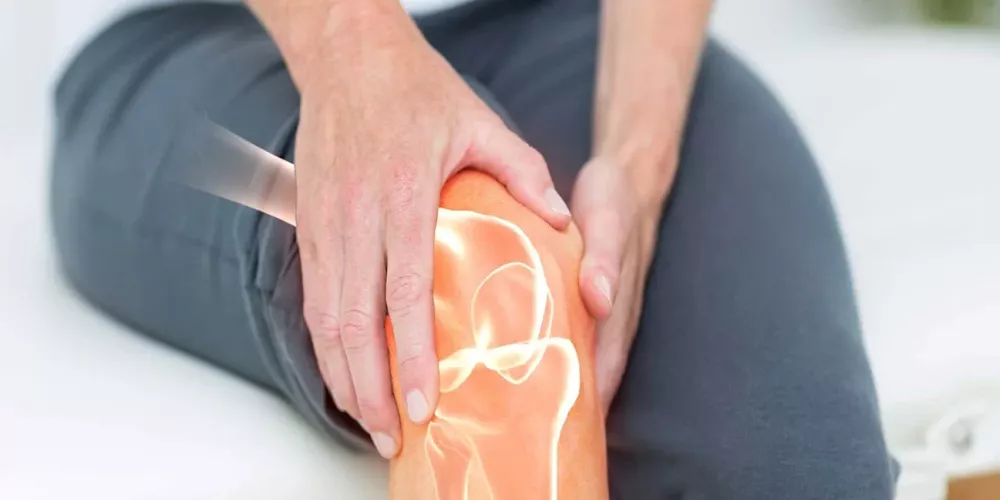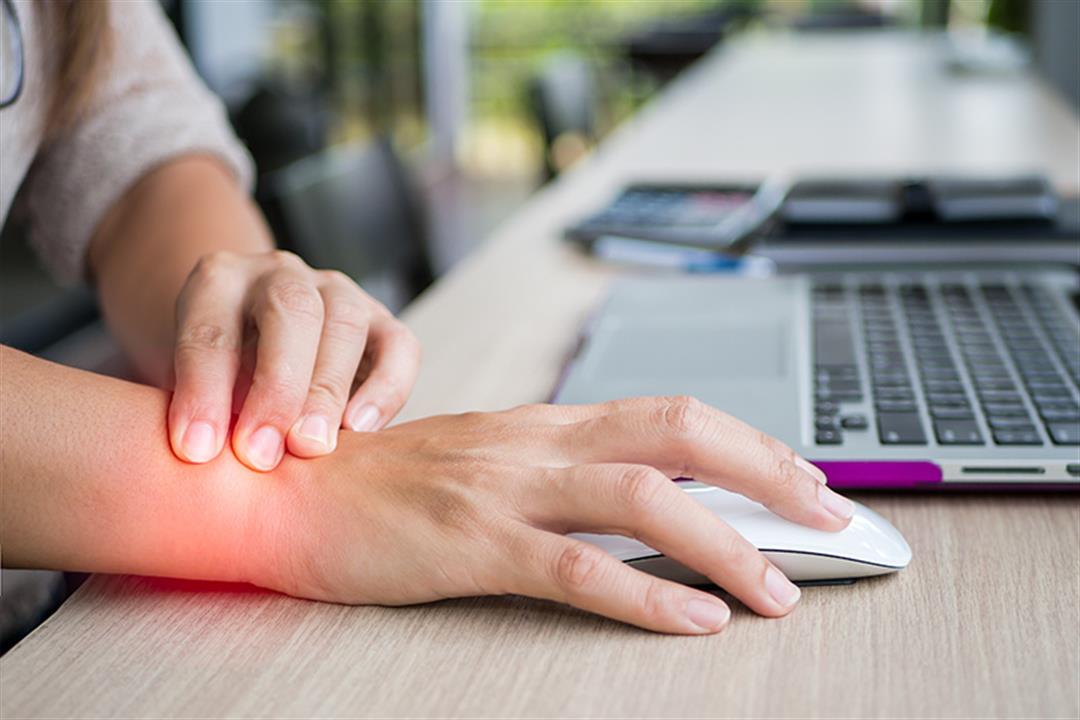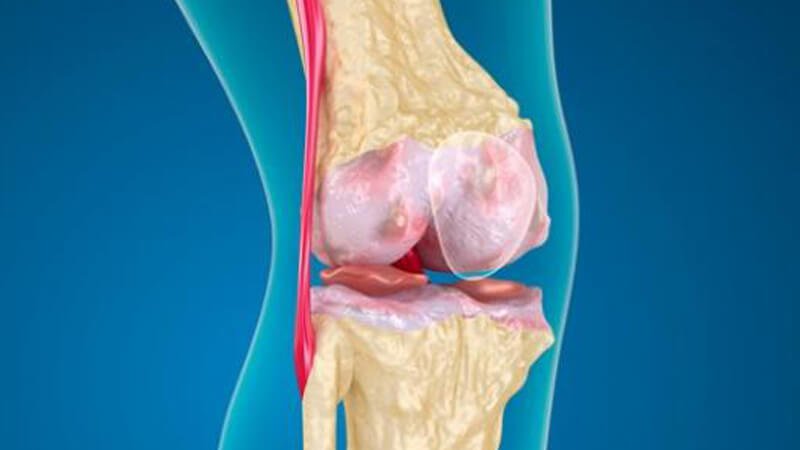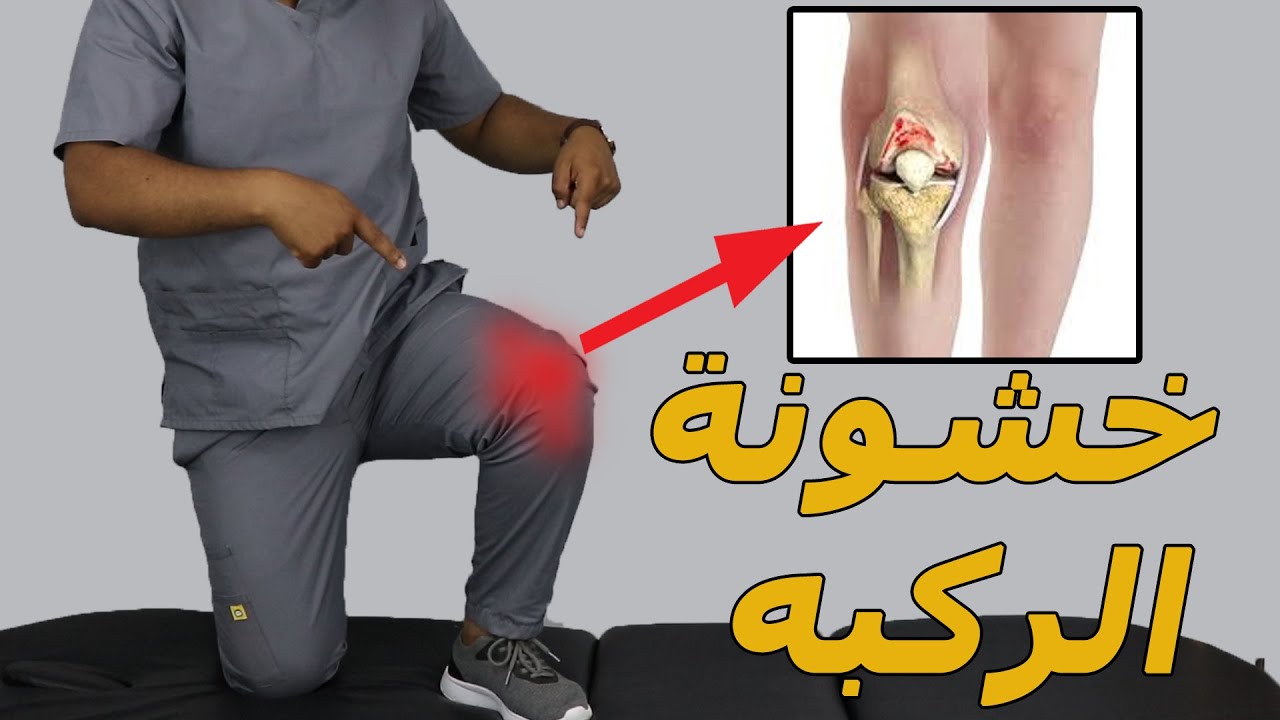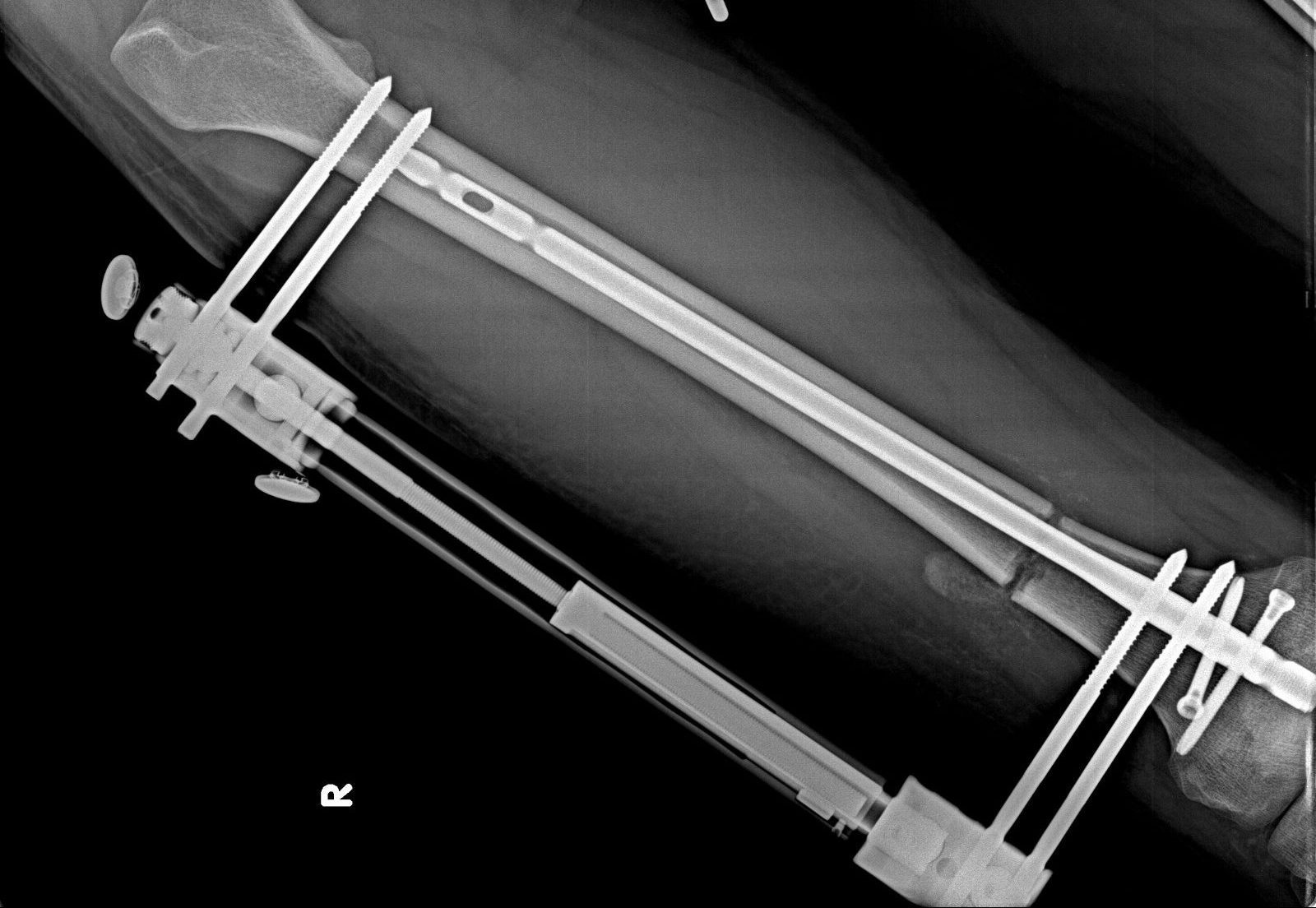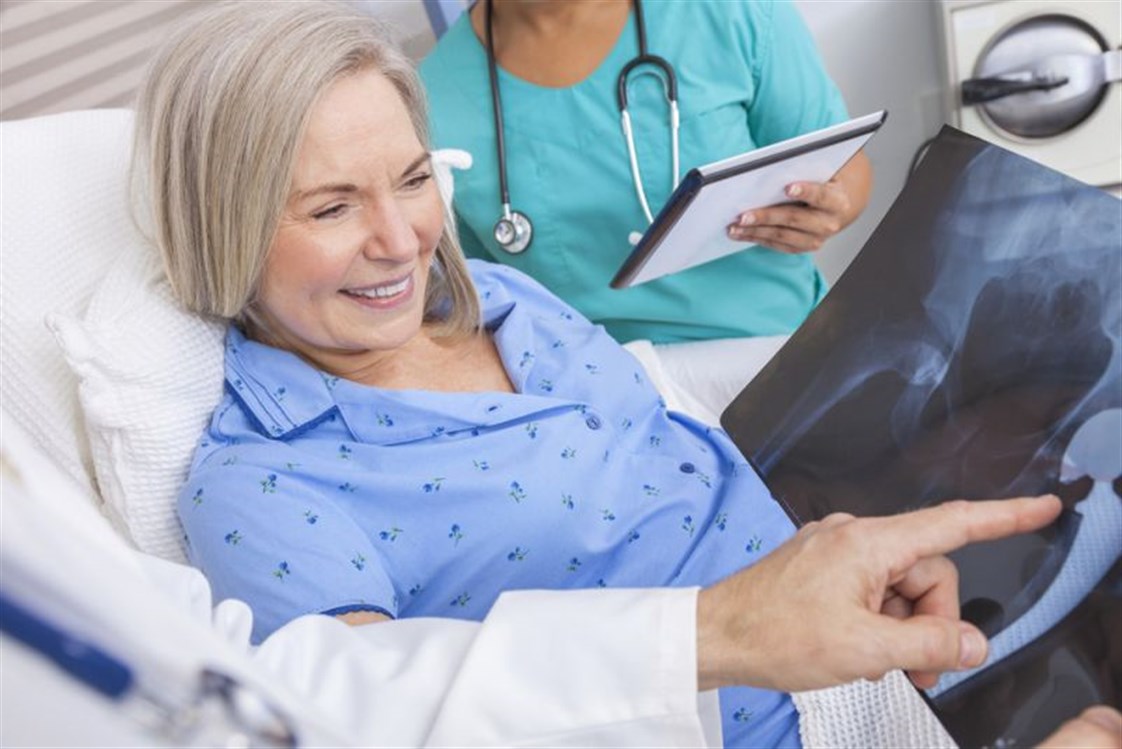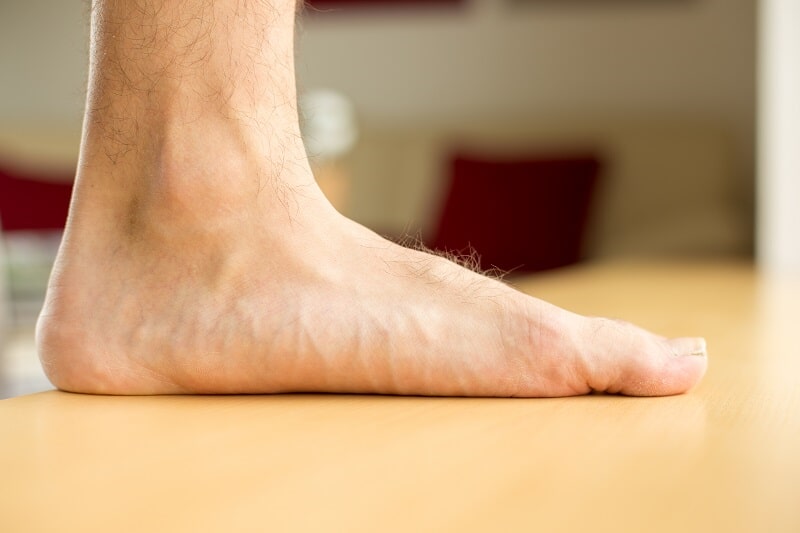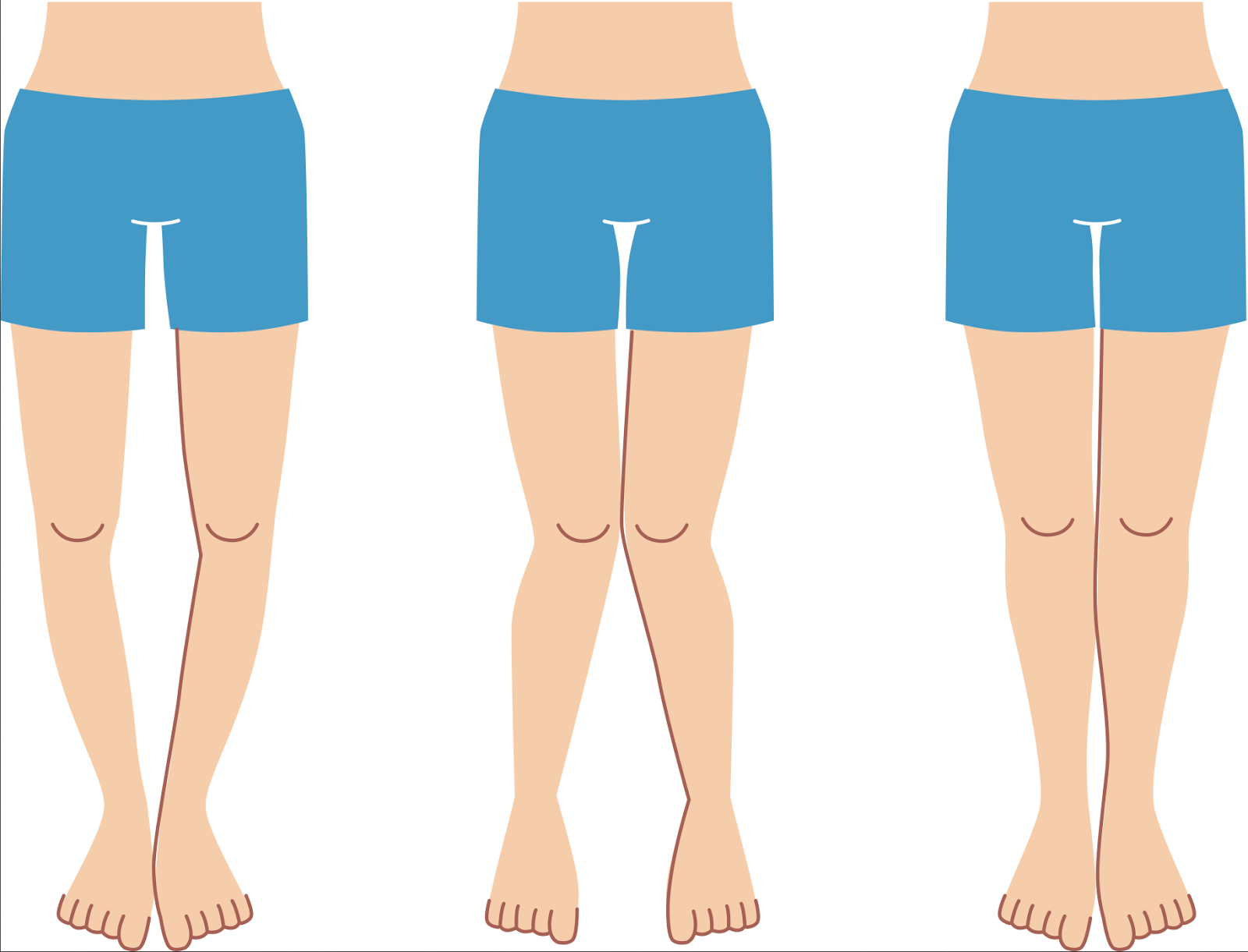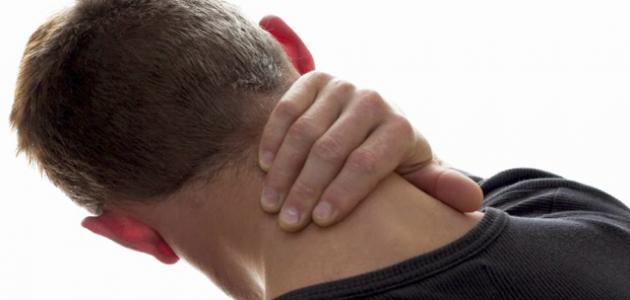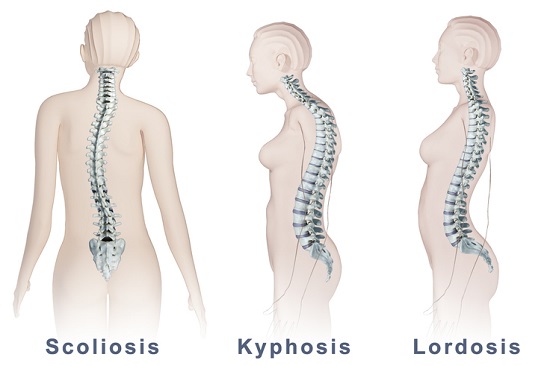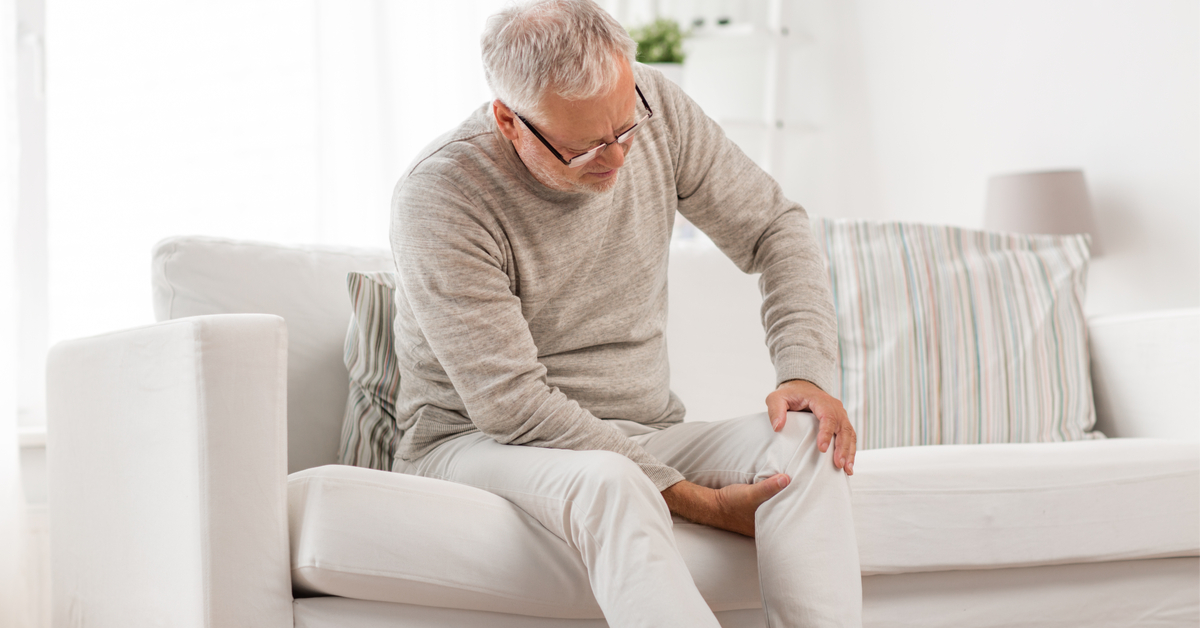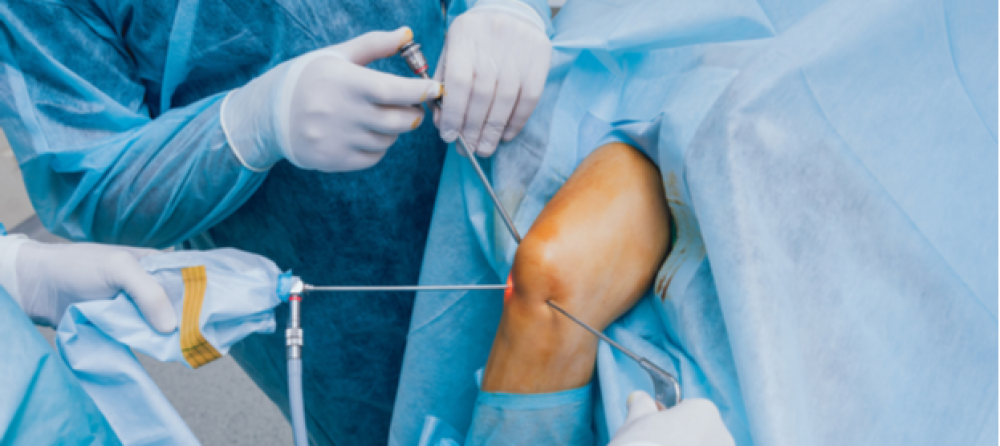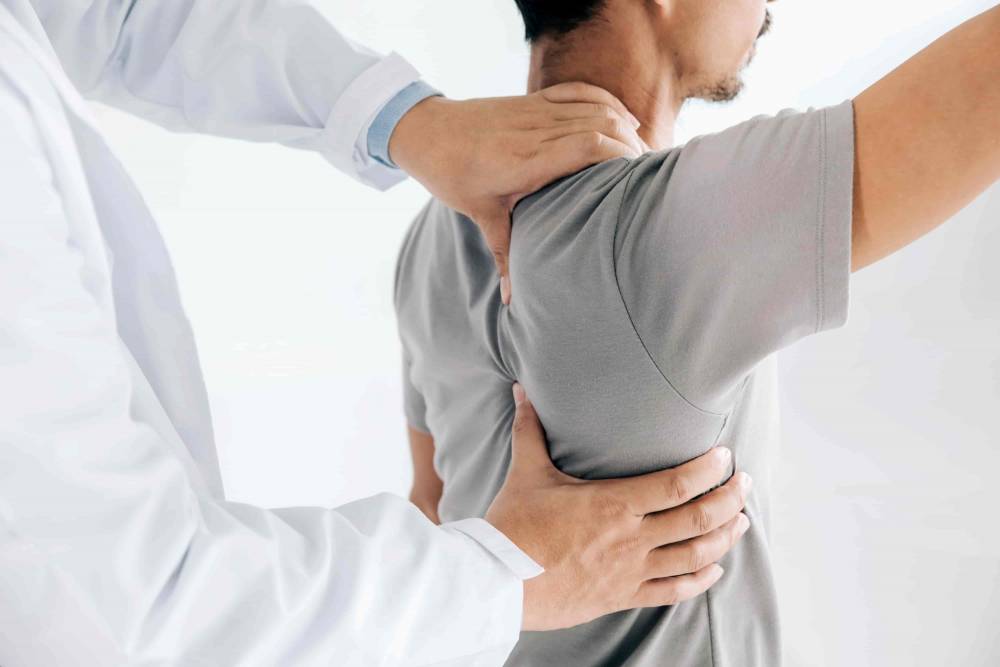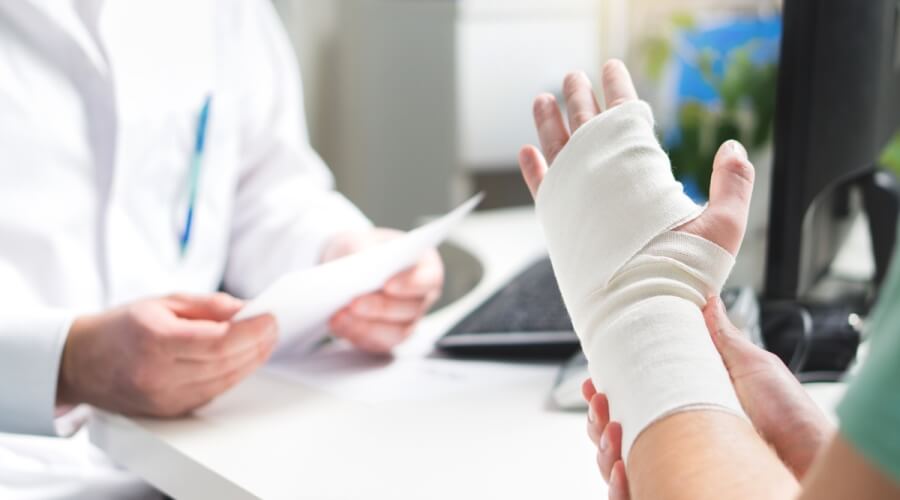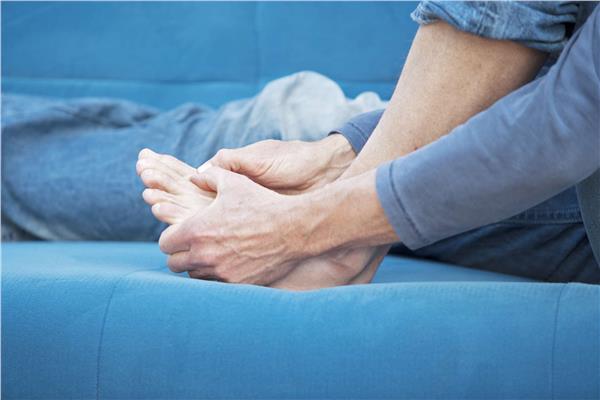Exclusive Information about the Knee: Causes of Pain and Treatment Methods
Knee, the knee is one of the most important joints in the body, and any problem with it affects your ability to carry out your daily routine normally. Therefore, through this article, we will learn in detail about the most important causes that lead to knee pain, the correct diagnosis of the condition, and the various treatment methods, so follow us.
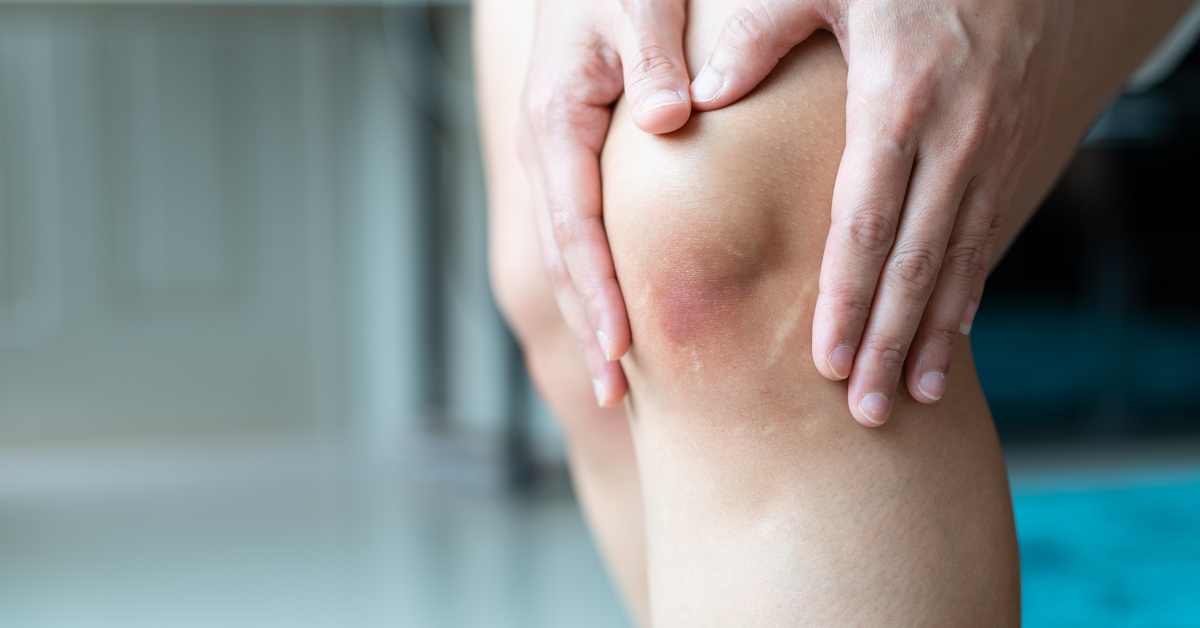
Knee
The knee is a joint that connects the thigh bone to the shin bone, allowing for knee movement, walking, running, and jumping. The complex structure of the knee includes numerous tissues, muscles, tendons, and cartilage, which makes it prone to injury and disease.
Knee injuries are among the most common injuries in sports and car accidents. Excessive stress, poor posture, or accidents can cause knee inflammation, torn ligaments, or cartilage damage. This can lead to pain, swelling, and limited mobility.
Knee injuries are diagnosed through clinical examination and imaging techniques such as X-rays and MRI scans. Treatment options for mild injuries include applying ice, rest, and strengthening the surrounding muscles through physical therapy exercises, while severe injuries may require surgical intervention.
To maintain knee health and strength, it is recommended to engage in regular strength training exercises, maintain an ideal weight, and follow a healthy diet. Certain vitamins and nutritional supplements can help strengthen the skeletal structure and joints. You can also enjoy immediate and satisfactory results in treating knee issues with Dr. Amr Amal.
Causes of Knee Pain
Knee pain is a common health problem that many people suffer from, and its causes are diverse and varied, stemming from several factors. In this article, we will discuss the most important causes of knee pain and provide you with important medical information about each one, including the following:
- Sprained Ligaments or Strained/Tense Muscles:
A sprained knee or injury to the major ligaments in the knee, or torn strained muscles are common factors in causing knee pain. This type of injury can occur due to jumping or forceful landing, or during intense sports activities. These injuries may be accompanied by difficulty in movement and swelling at the back of the knee. - Torn Cartilage:
Torn cartilage in the knee can also cause severe pain. This occurs when the cartilage between the bones in the knee is torn, which can happen due to sports injuries or aging. This tear may be accompanied by swelling, roughness in the joint, and difficulty in moving the knee. - Tendonitis:
Tendon injuries in the knee can cause severe pain, in addition to swelling and redness in the affected area. Tendonitis is usually the result of excessive strain or repetitive forceful movements of the knee. If left untreated, inflammation can lead to more serious problems such as muscle inflammation and ligament tears. - Osteoporosis:
Osteoporosis is considered a cause of knee pain that may worsen with age. Low bone density increases the risk of knee fractures and chronic pain. Doctors may recommend following a calcium-rich diet and engaging in appropriate physical exercises to strengthen bones and reduce the risk of osteoporosis. - Infection:
Infection can be one of the causes of knee pain that people may experience. Bacterial inflammation can develop in the knee, causing severe pain, swelling, and difficulty in movement. This condition is common among children and the elderly with weakened immune systems.
Symptoms of Knee Pain
Knee pain can stem from various causes, including injuries and different medical conditions. Here are some common symptoms of knee pain:
- Acute Pain: People with knee pain experience a sharp and severe sensation in the area surrounding the knee. This pain can either appear suddenly or gradually worsen over time.
- Swelling and Redness: Knee pain may be accompanied by noticeable swelling in the joint, and those affected may also observe changes in the skin color around the knee due to inflammation.
- Stiffness and Restricted Movement: Some patients experience difficulty in moving the knee and may feel unable to bend or straighten it normally. This stiffness and restriction of movement can negatively impact the ability to perform daily activities.
- Popping or Grinding Sensation: Some people with knee pain may notice a popping or grinding sensation when attempting to move the knee. This feeling can be unsettling and prevent normal knee movement.
- Localized Warmth Sensation: It is possible for some people with knee pain to experience an abnormal sensation of increased warmth in the affected area. This is usually attributed to an inflammatory response in the joint.
It is important to consult a doctor to properly diagnose and treat knee pain. Additional tests such as X-rays or ultrasounds, or even arthroscopy, may be required to determine the underlying cause of the pain and prescribe appropriate treatment.
Book a session with Dr. Amr Amal to benefit from effective knee treatment methods and regain your mobility and activity. If you wish to learn more about the causes of knee pain and its various treatment options, click here.
How is Knee Pain Diagnosed?
The cause of knee pain can be a simple injury such as a torn ligament or cartilage, or chronic health problems such as arthritis, gout, and infection. Regardless of the cause, it is important to accurately diagnose knee pain to determine the most appropriate treatment.
In this guide, we will provide you with steps to diagnose knee pain and identify its cause precisely:
- Consult a Doctor:
First and foremost, it is crucial to consult a medical professional, whether a general practitioner or an orthopedist. The doctor will be able to question you about the symptoms you are experiencing and the cause, as well as perform the necessary examinations and physical examination of the knee. - Physical Examination:
The doctor will perform a physical examination of the affected knee, using pressure and movement to detect any changes in the skeletal structure, ligaments, or cartilage. The doctor may also request an X-ray of the knee for further diagnosis. - Medical History:
The patient’s medical history plays an important role in diagnosing knee pain. The doctor will ask about details such as the onset of symptoms, their duration, any previous injuries or health conditions, and whether there are any accompanying symptoms such as swelling or redness. - Laboratory Tests:
In some cases, laboratory tests may be required to determine the cause of knee pain more accurately. This includes blood tests to check for inflammation levels and uric acid levels to rule out arthritis and gout. - Imaging:
It may be necessary to take an X-ray of the knee to identify structural changes, such as bone erosion or ligament tears, to guide appropriate treatment. - Final Diagnosis:
After completing all examinations and analyzing the results, the doctor will be able to make a final diagnosis of the cause of knee pain. The doctor may need to refer you to other specialists such as a physiotherapist or rheumatologist. - Treatment:
Based on the final diagnosis, the doctor will recommend the most appropriate treatment for your condition. This may include taking pain relievers or anti-inflammatory medications, physical therapy sessions, self-care measures such as light exercise, and in some severe cases, surgery may be necessary.
Patients must follow the doctor’s instructions and attend regular follow-up appointments to ensure an improvement in their condition. It is important to consult a doctor before implementing any recommendations or using any medications without medical advice.
Tips for Living with Knee Pain
Knee pain is a common and bothersome health problem that many people suffer from. This pain can restrict a person’s movement and negatively impact their quality of life. Therefore, it is important to know some tips that can help alleviate knee pain. In this article, we will provide you with some important and reliable medical tips to help you relieve knee pain and live better, which include:
1. Maintain Good Posture
It is recommended to maintain good posture while sitting to reduce pressure on the knee. It is also advisable to avoid sitting for extended periods without movement or on hard chairs, as this can lead to fluid accumulation in the knee and increased inflammation.
2. Practice Appropriate Exercises
Some types of exercises, such as flexibility, strength, and stability exercises, promote knee health and help reduce knee joint stiffness pain. It is recommended to regularly practice gentle exercises to strengthen the muscles surrounding the knee and improve its mobility.
3. Consult Your Doctor About Corticosteroid Injections
Your doctor may recommend injecting the knee joint with anti-inflammatory corticosteroid preparations. These injections are effective in reducing symptoms and alleviating pain for up to several months. However, it is important to consult your doctor before making any decisions about this treatment.
4. Get a Professional Massage
Massage is considered one of the methods that can contribute to relieving knee pain, especially for women. Massage is performed gently and softly on the knee area and can reduce the production of the stress hormone cortisol, which is associated with pain signal transmission in the brain.
5. Engage in Moderate Physical Activity
Avoid sitting for long periods without movement and engage in moderate physical activity regularly. Performing low-impact exercises such as walking and swimming can promote knee health and help reduce pain.
6. Achieve a Suitable Weight
If you are overweight, losing some excess weight can reduce pressure on the knee and alleviate pain. It is recommended to follow a healthy and balanced diet and exercise regularly.
7. Consult a Specialist
If knee pain persists and worsens, you should consult an orthopedist or specialist for an accurate assessment and proper diagnosis. The doctor can guide you on appropriate treatments and necessary steps to address the problem.
Many grateful patients have reported significant improvement in their condition with Dr. Amr Amal’s knee treatment.

Complications of Knee Pain
Here is a list of complications associated with knee pain:
- Reduced Physical Activity:
Chronic knee pain is a deterrent to physical activity, which can lead to weakened thigh muscles and abnormal joint deformities. - Deterioration of Overall Health:
Untreated knee pain can lead to a decline in overall health, increasing the risk of other health problems such as obesity and heart disease. - Reduced Quality of Life:
Knee pain negatively impacts quality of life, as it is accompanied by a reduced ability to perform daily activities normally. - Development of Chronic Inflammation:
Ignoring knee pain can lead to the development of chronic joint inflammation, which may require intensive treatment and can result in additional health problems. - Psychological Disorders:
Severe knee pain can affect a person’s psychological state, as they may experience depression and anxiety due to limited mobility.
Note that the treatment of potential health problems associated with knee pain depends on the severity of the issue and the assessment of the treating physician. Individuals experiencing persistent or recurrent knee symptoms should consult a doctor for accurate diagnosis and appropriate treatment.
Knee Pain Treatment
Knee pain can be a source of severe discomfort and greatly impact people’s lives. However, there is now a wide range of available treatments that can be used to alleviate symptoms and address issues in the knee joint, which include:
- Consult a Doctor:
When experiencing knee pain, it is essential to consult a medical professional. The doctor can diagnose your condition and provide appropriate treatment based on your symptoms and medical history. - Medication:
The doctor may prescribe one of the following medications to relieve and treat knee pain:- Non-steroidal anti-inflammatory drugs (NSAIDs): These can be used to reduce pain and inflammation in cases of knee joint inflammation.
- Pain relievers: Used to alleviate temporary pain and improve comfort.
- Knee cartilage supplements: These can help regenerate cartilage and improve joint health.
- Physical Therapy:
Physical therapy can be effective in treating knee pain. Some popular physical therapy methods include:- Strengthening and stretching exercises: To improve the strength of the muscles surrounding the knee and increase flexibility.
- Ultrasound therapy: Used to stimulate tissue healing and reduce inflammation.
- Massage therapy: Works to relax tense muscles and improve blood circulation in the affected area.
- Surgical Procedures:
In advanced cases of knee damage, surgical intervention may be necessary. There are several surgical options that can be performed, such as cartilage transplantation or repair of torn ligaments. Consult with your doctor to determine if surgery is the appropriate solution for your condition. - Alternative Therapies:
There are some alternative therapies that can be used to alleviate knee pain and improve mobility. Some of these therapies include:- Balance training and coordination improvement to reduce the risk of falls and injuries.
- Using heat and ice to alleviate pain.
- Using assistive devices such as crutches or braces.
Regardless of the cause of knee pain, consulting a doctor and following the appropriate treatment can help alleviate symptoms and improve quality of life. Visit your doctor and take the necessary steps to restore your knee joint health.
When is Knee Pain Considered Serious?
Knee pain can be serious in several situations. For example, if the pain limits your ability to walk or causes a noticeable limp, it could be a sign of a serious condition such as a bone injury. The pain may also be accompanied by swelling and redness in the affected joint. If the pain is persistent, chronic, and continually worsening without improvement, it is advisable to consult a doctor for proper evaluation and appropriate treatment.
It is also important to pay attention to any changes in the normal movement of the knee or any other accompanying symptoms such as instability or excessive swelling. It is essential to seek medical care if there is any doubt about the severity of knee pain. If you would like more details about knee pain, read this article.
Prepare for an active life again with Dr. Amr Amal’s effective strategies for restoring the ability to move your knee.
Can Vitamin D Deficiency Cause Knee Pain?
Vitamin D deficiency is a condition that can affect various organs and systems in the body. Among the potential symptoms of vitamin D deficiency is knee pain, which may be accompanied by weakness in the quadriceps muscles of the thigh. However, it should be noted that knee pain resulting from vitamin D deficiency could have another underlying cause, such as soft knee cartilage.
Vitamin D deficiency affects the bones in both the short and long term. In some cases, there may be a potential link between vitamin D deficiency and knee pain. People experiencing knee pain should consult a healthcare professional the healthcare system is responsible for diagnosing the cause of the pain and providing appropriate treatment.

Does Cold Weather Cause Knee Pain?
Direct exposure to cold weather can be a cause of knee pain. Exposure to cold can lead to muscle contraction and vasoconstriction in the area, resulting in knee pain. Some data suggest that decreased atmospheric pressure may enhance the effect of cold on the knee and may increase pain.
It’s worth noting that physical therapy exercises and adopting an active lifestyle can help strengthen the muscles around the knee and reduce knee pain associated with cold weather. Consulting a specialist doctor is advisable to assess the condition and determine the best treatment options for alleviating knee pain related to cold weather. Therefore, Dr. Amr Amal gives you hope and support to overcome knee treatment and return to your normal life.
Best Knee Specialist Doctor in Egypt
Dr. Amr Amal is considered one of the best specialists in knee joint replacement surgery in Egypt. Dr. Amr Amal is among the leading orthopedic and joint surgery specialists in Egypt, having earned his Doctorate in Orthopedic Surgery from Ain Shams University.
Dr. Amr Amal currently works as a consultant at Borg El-Foad Medical Tower and enjoys an excellent reputation in his field of expertise. His extensive experience in all types of bone surgeries, including bone fractures, hip joint replacement, anterior cruciate ligament (ACL) injuries, and meniscus injuries, is one of the key factors in his success and excellence.
Dr. Amr Amal stays abreast of the latest innovations and medical techniques in orthopedic surgery, enabling him to provide innovative and effective solutions for various bone problems and injuries. Thanks to his experience and high skills, Dr. Amr Amal inspires confidence in patients and receives positive evaluations from them.

